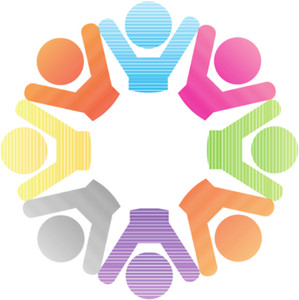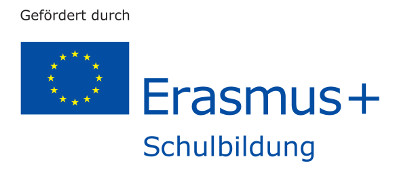Partner organizations
Select a partner on the right side or show all partners when click on "All Pages".
 Institut equalita
Institut equalita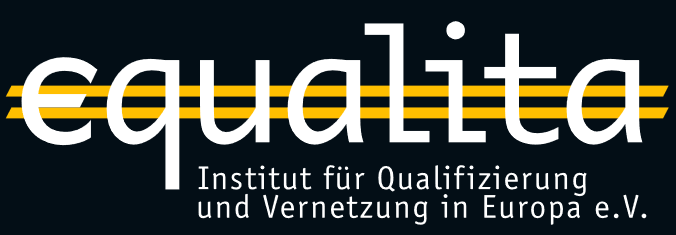
Lütticher Str. 68
50674 Köln
Germany
Institut equalita, as the coordinating institution of the project will take over the technical coordination and financial management. Furthermore the Institute will organize the development of a quality management plan and a dissemination plan according to the rich experience of Institut equalita in this field, based on the manifold contacts to stakeholders in Germany and other European countries.
It will manage the development of training modules and the web platform with Open Educational Resources OER on cultural and peer learning and support the adaptation to all partner countries and languages according to national backgrounds and requirements. The institute will lead the activities for documentation and dissemination, but also consult the testing of the pilot courses and the revision of the approach and course. Finally equalita will organize transfer, dissemination and valorization activities in Germany and contact their national partners for integration of the project results in German schools.
 FDCBPCS - FOUNDATION FOR DEVELOPMENT OF THE CULTURAL AND BUSINESS POTENTIAL OF CIVIL SOCIETY
FDCBPCS - FOUNDATION FOR DEVELOPMENT OF THE CULTURAL AND BUSINESS POTENTIAL OF CIVIL SOCIETY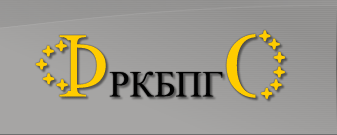
Mladost 4, building 425, entr. 3, ap. 53
Sofia 1715
Bulgaria
www.cubufoundation.com
+359 889 306134
+359 2 4342244
FDCBPCS has already years of experience in areas of culture development, which are relevant for the project. Since 2006 we have implemented a number of different initiatives - under national and EU programmes.
Among the finalized projects of FDCBPCS are:
- a particularly relevant project under the national OP HRD „Innovative approaches for identifying and responding to vocational education and training needs of disadvantaged youth” implemented in partnership with Institut equalita, as well as number of local associates from Cologne – IN VIA, TAS and others - http://www.cubufoundation.com/Inovative%20approaches%20project/Pages/bg/resum_eng.html
- an LLP, Grundtvig Learning Partnership project "Fostering cultural heritage for bridging intergenerational dialogue - FOCAL" in partnership with eMUNDUS (Lithuania) and Edumotiva (Greece) – http://www.focalproject.eu/
- the very relevant "Strengthen Creative Cooperation" project, supported under the EuropeAid program and involving partner organizations from Bulgaria, Slovenia, Austria, Germany and Denmark, together with partnering groups from the South - http://www.strengthen-creative-cooperation.eu/ - led by the City of Cologne, Institut equalita and Büro für Kultur- und Medienprojekte gGmbH
- an LLP, Grundtvig Learning Partnership project “Cultural and peer-learning approaches to integrate socio-economically disadvantaged youth and young adults with an immigrant background, together with partners Austria, Germany, Denmark, Slovakia and Slovenia - http://peerlearning09.blogspot.com/
Currently FDCBPCS is implementing two Erasmus+ KA2 projects: “V.I.S.I.ON: Visual Impairment Social Inclusion ON”, supported by the BG NA Human Resource Development Agency: www.vision-erasmusplus.eu and "Learning families", supported by the UK NA. Additionally, FDCBPCS is a partner under the "Not only fair play" project, promoting approaches for balancing sports and studies among European schools.
FDCBPCS implemented also an Erasmus+ KA2 project, which was recognized as a success story by the BG NA and the European Commission: “V.I.S.I.ON: Visual Impairment Social Inclusion ON” - www.vision-erasmusplus.eu. The drama work with visually impaired children and young people is about to continue within the framework of a new project under the Operation programme “Human resources development”.
Among the other project implemented by FDCBPCS is the "Learning families" Erasmus+, supported by the UK NA, the "Not only fair play" Erasmus+, supported by the EC through a centralized action and currently – the “Pathway through religions” Erasmus+ project.
FDCBPCS is also involved in a number of local development initiatives, among which the functioning and strategy implementation of Rakovski Local Action Group in Bulgaria.
 Büro für Kultur- und Medienprojekte gGmbH
Büro für Kultur- und Medienprojekte gGmbH 
Nernstweg 32
22765 Hamburg
Germany
Since 16 years we are developing the cultural approach with peer-to-peer-learning with partners in German and Europe and with different forms of schools all over Europe. Our partners from the Global South inspire the processes by their experiences with integration, social transformation and developing new perspectives for especially young people.
Their approaches are convincing schools in Europe to invite such a group of young artist for one to two weeks.
In Hamburg we are developing concepts and projects with different schools in poor neighborhoods. And since last year we started our first project with the cultural approach with peer-to-peer-learning with German students, young refugees and a group from Nepal.One background is the presentation of our project as “best practice project” in the “Orientation Framework Global Development”, which has been developed by the Ministry for Development and Economic Cooperation together with Conference of the Ministries for Culture and Education. It will be the main document for promoting global education in schools all over Germany.
It is the same time a contribuation to the World Action Programme of the UNESCO.
In the CULPEER project we will involve also our refugees who are volunteering in our project within the framework of "German Volunteerin Service - Welcome"
 European Lab for Educational Technology
European Lab for Educational Technology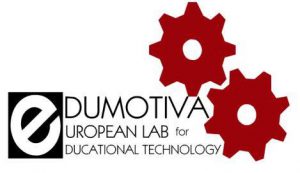
Agios Ioannis 1
23100 Sparta
Greece
The staff of EDUMOTIVA has taken part in several EU projects in Education, Training and Culture. In 2014 EDUMOTIVA successfully completed the FOCAL EU-funded Grundtvig Learning partnership which aimed at engaging youth and seniors in an intercultural and intergenerational dialogue. Currently EDUMOTIVA participates in the EU-funded ERASMUS+/KA2 project CONSTRUIT! (www.construit.org) which aims at exploring innovative ways of computing in higher and school education and in the ROBOESL project (www.roboesl.eu) which introduces educational robotics in school classes to support students at risk of school failure and early school leaving.
The scientific leader of the organization D. Alimisis has served as education leader in the FP7 SAFROS project (2010-13, www.safros.eu) , coordinator in the TERECoP project (2006-09, www.terecop.eu), advisor (2013-15) for the Estonian project “Conceptual framework for increasing society’s commitment in ICT” (https://sisu.ut.ee/ict/) that focused on raising students’ interest in the area of ICT studies and STEM careers and more. In addition to that, inclusive learning is among the expertise of EDUMOTIVA members. This valuable expertise has been gained through their participation in relevant EU funded projects such as "School Inclusion", a project developed for prevention of early school leaving in the framework of the LLP/COMENIUS Programme funded by the European Commission 2008-2010 http://schoolinclusion.pixel-online.org/info/index.php
EDUMOTIVA people follow recent trends in education and have significant research activity in this area that has resulted in publications, presentations through conferences and workshops.
 Music'Art e
Music'Art e 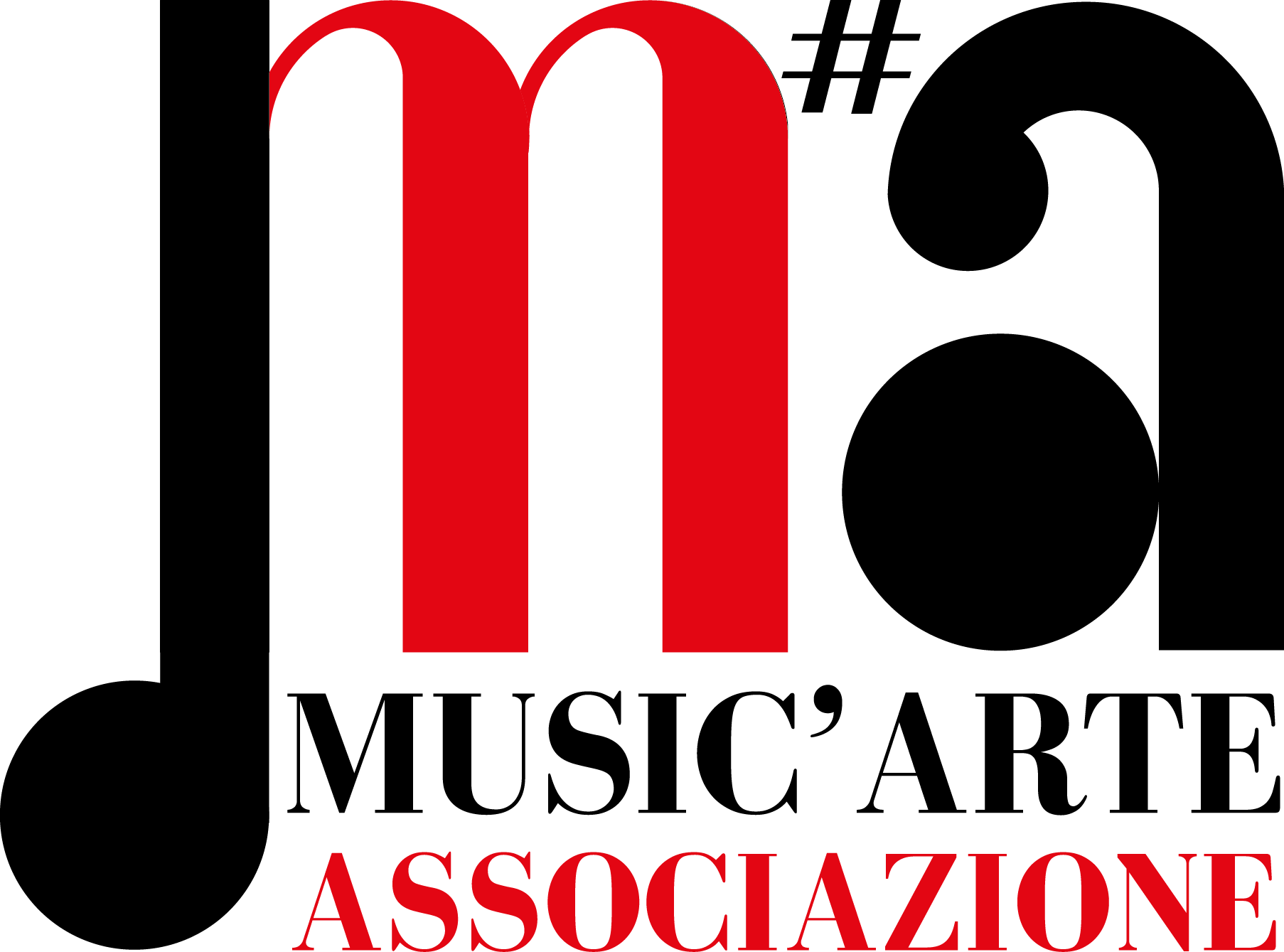
Viale Margherita di Savoia, 97
90100 Palermo
Italy
The most relevant activities and experiences of the partner organisation come from the use of performance arts for development of soft skills among young people with various disadvantages, including - visual impairments and other mental or physical disabilities, young people at risk of exclusion. Drama workshops with mixed groups have been organized in Palermo for local participants, which members of Music'Arte - Stefania Vitale and Casimiro Alaimo - have been implementing since 2010.
And, more recently, the involvement of the organisation in the V.I.S.I.ON project, the purpose of which is to develop self-confidence, a positive self-concept and awareness among visually impaired children and young people through drama and performance arts training program. The work, which currently Stefania and Casimiro are doing with the local group of young people in Palermo, under V.I.S.I.ON is considered invaluable for the future project, which aims to incorporate the theatrical training program into the V.I.E.W. approach for training v.i. youth workers.
 Humanitas
Humanitas
Resljeva cesta 48
1000 Ljubljana
Slovenia
Humanitas carries out various activities which are thematically and methodologically related to the concept of global learning. Organization runs a Global Education Resource Centrewith specialized library offering diverse materials related to global education. It offers also workshops and seminars for different target groups, mainly school children, students and teachers.
We also organize conferences, round table discussions, outdoor actions, interactive exhibitions and public screenings of socially engaged films. Important part is production of promotional and educational materials (interactive games, manuals…).
Projects carried out in cooperation with African partners are small and indirect. Global education activities are heterogeneous – we implement workshops for school children and students, teacher’s seminars and different public events.
We also run specialized library (operating inside Ljubljana’s municipality library) offering books from different areas such as human rights, interculturalism, globalization, development studies, conflict and peace studies, environment, food and water and active citizenship. We develop pedagogical materials and exhibitions covering areas we work on.
Humanitas is one of the founders of Slovene NGDO platform SLOGA and also coordinates its Global Education working group. We are also active in Policy working group.
Main activities are:
- Workshops for primary and secondary schools and university students,
- Seminars and trainings for teachers and other pedagogical stuff,
- Trainings for individuals and NGOs,
- Training of trainers (inc. peer-to-peer trainings),
- Research on implementation of Global educationin Slovenian schools,
- Coordination of Global educationworking group of Sloga Platform (National platform for development cooperation and humanitarian aid),
- Organization of national and international seminars and events on Global education,
- Cooperation with international Global education experts.
 Willy-Brandt-Gesamtschule
Willy-Brandt-Gesamtschule
Im Weidenbruch 214
51061 Köln
Germany
The Willy-Brandt-Gesamtschule is very well equipped with media. In the learning center students research substantive issues with the new media. Similarly, there is this possibility in the I-Pad classes.
The school is known beyond Cologne limit for their emphasis on social learning, creativity and movement and their pioneer projects carried out. Especially popular is the circus Radelito that exists for more than 20 years. There, the students can train every break. Every Thursday the 3 hour Circus AG takes place. A dedicated student company Radelito GmbH takes care of all the things around the colourful bustle Circus.
More than 100 pupils of the Willy-Brandt-Gesamtschule are active in the circus. The students come from all vintages of the school. The circus is the only place in the school where pupils of all years work together regularly. Each year, the circus has approximately 50 public performances, from the premiere to presentations in the own kindergarten and street festivals up to events of the professional theatre place Circus Roncalli.
The Willy-Brandt-Gesamtschule currently run several classes with refugee children and youth, we are therefore engaged in developing concepts for better integration of refugee children.
Since 2005 the project “SOMOS -We are!” is running. This award-winning project offers students of the Willy-Brandt-Gesamtschule and young people from Cologne's sister city Corinto in Nicaragua the opportunity to get to know each other in the framework of an exchange program and to work together in the area of the Circus. The school promotes community involvement and understanding of the world through a “Sponsored Walk”, school partnerships and the "Somos Project" with Corinto / Nicaragua.
 Profesionalna gimnazia Asen Zlatarov
Profesionalna gimnazia Asen Zlatarov
South Industrial Zone
3700 Vidin
Bulgaria
Profesionalna gimnazia (Vocational school) “Prof. Dr Asen Zlatarov” is the biggest high-school in the district of Vidin. Annually the school trains on average about 650 students in the field of economy, tourism and electronics. There are about 50 teachers and 16 administrative staff members. In addition to the vocational preparation of the students they also acquire secondary education.
The high-school actively works under various projects, which aim at improving the quality and results from teaching, increasing the vocational skills of students and teachers, acquisition of key competences, creating a modern and adequate learning environment.
Each year between 20 and 40 students conduct their production practices in various partner organizations in the EU, while about 30 youths and teachers work on diversified topics with colleagues and peers from more than 10 European countries. During the last year the school worked under 7 projects, supported by the OP Human resources development and the Lifelong Learning Programme.
In addition to the issues of vocational education, the school teams also tackle extra-curricular activities, arts, dances, healthy eating, sports and others. The teachers are constantly facing the issue of finding new forms and methods for education and upbringing of the children.
Within the Comenius programme the school worked under two projects, which are connected with culture and arts – “I would like to tell you a story” and „Entrepreneurial, healthy and creative”.
The last project ended in the summer of 2014 and presented the benefits from healthy eating through a unique fairytale. The present application will be joined by teachers, who have experience with the above mentioned initiatives.
Concerning the administrative, technical and financial capacity of the school we have to mention that the school annually manages projects at a value of more than 100 000 euro.
 Fritz-Schumacher-Schule
Fritz-Schumacher-Schule
Timmerloh 27-29
22417 Hamburg
Germany
We are a multicultural school. The majority of the pupils have a history of migration. As our neighborhood is very politically engaged, we have a very international program. We are since years very familiar with ERSAMUS projects and have started in 2013 to work closely together with Buero fuer Kultur- und Medienprojekte gGmbH and the „KinderKulturKarawane“.
We started in 2013 with a 5-days-project with a young group from India. That was a very rich experience for all participants, which motivated us to invite in 2014 a group from Tanzania and to spread the project out from the school to the neighborhood.
We succeeded in involving the African community into the project and two socio-cultural centres.
 DIEFTHINSI DEFTEROVATMIAS EKPAIDEYSHS A ATHINAS
DIEFTHINSI DEFTEROVATMIAS EKPAIDEYSHS A ATHINAS 
LEOFOROS KIFISIAS 16
ATHENS 11526
Greece
DIEYTHINSI DEYTEROVATHMIAS EKPAIDEYSHS A ATHINAS (DIDE A Athins in short ) is a public , non profit organization that operates operates under the authority of the Greek Ministry of Education, Research and Religious Affairs and is responsible for the coordination and management of 187 secondary schools in the greater area of Athens (Central Cluster of Perfecture of Attica).
DIDE A Athinas is encouraging all schools to get involved in innovative projects that aim to enable creativity and critical thinking as well as interdisciplinary examples and projects. As a teacher in experimental school but also as an officer to promote new methods of learning our role is to implement the output of our work here and to make sure that this work will continue to live well after the time our project ends.
The area of responsibility of DIDE A Athinas is not only to supervise and control the management of the 187 secondary schools but also to create opportunities to the schools to develop and elaborate programs that will support teachers and principals to provide high quality teaching addressing the complex reality in classrooms and adoption of new methods and tools. Many of the students come from low social status and disadvantaged urban group with economic and language difficulties. Others are displaying poor learning results due to ex closure. The number of students that score low achievements during their schooling had increased recently resulting to early school leaving. Increasing numbers has shown that it is very important to act immediately and to offer enriching learning opportunities to the students who often complain that what they learn is completely cut off and irrelevant from real life.
